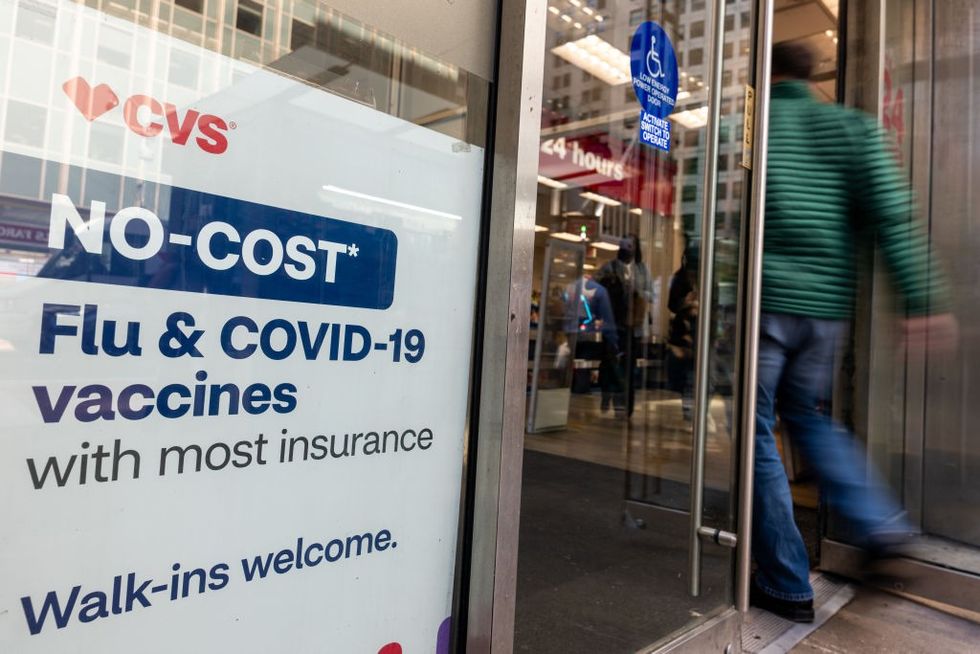A new study aiming to find workable solutions to boost the sales of healthy products in convenience stores across England has been launched.
The study will also examine how the UK government’s new law to reduce impulse buying of products high in fat, salt and sugar (HFSS) is affecting shoppers buying decisions.
The study is being led by Professor Christina Vogel, Director of the Centre for Food Policy at City, University of London, and also involves researchers at the University of Southampton and the Institute for Fiscal Studies.
The project is funded by an award of £1.37 million over the next two and a half years by the National Institute for Health and Care Research (NIHR) and has the title ‘Evaluating the impact of the placement regulations impact on the Convenience store sector and co-creating solutions for a healthier system’ study, or ECON for short.
Many convenience stores are at the heart of local communities and rely heavily on sales to their local customers to remain commercially viable. They provide easy access to a large range of convenient foods, many of which are considered less healthy foods.
Professor Vogel said, “These less healthy foods have a long shelf life and make commercial sense. But given that obesity and poor diet constitute two of the greatest threats to population health, we hope to help all convenience store owners, manufacturers and suppliers find ways to offer healthier options to their customers without affecting their profits.”
The government introduced the Food (Promotion and Placement) Regulations 2021 in England in October 2022 to stop retail businesses promoting HFSS products at checkouts, aisle ends and store entrances. The rules apply to some convenience stores, but not others. Smaller convenience stores (less than 2000 square feet), which are often visited by young people, older adults and low-income families, do not need to follow these guidelines.
As a result, these groups of people may not see the same health benefits from this law as those who shop in supermarkets. Larger convenience store owners are also worried they will find it hard to stick to the new rules or that it might reduce sales and damage their businesses.
Dr Britta Augsburg, IFS Associate Director, said, “We will use household food shopping data to find out what people are buying from convenience stores and see whether families change what they buy from convenience stores that need to comply with the new law.”
To explore the impact of the guidelines on convenience stores, the project will collect new data by conducting national surveys with convenience stores and local governments across England who offer business support to small retailers. The research team will also carry out workshops with key stakeholders and examine the impact of the new law in six areas of England, including regions in the north, south and middle of the country as well as two London boroughs.
Professor Mary Barker of the University of Southampton noted, “Our research team includes a member of the public and a convenience store owner who, along with other members of the public, will keep our research relevant for stores and citizens.”
The researchers will communicate regularly with national government departments, local authorities and businesses to share their findings. Key findings will also be shared with the public.






 Post-surgery, Arjun experienced a significant improvement in his physical health /Lepra
Post-surgery, Arjun experienced a significant improvement in his physical health /Lepra







 Firoza and Rupali
Firoza and Rupali

